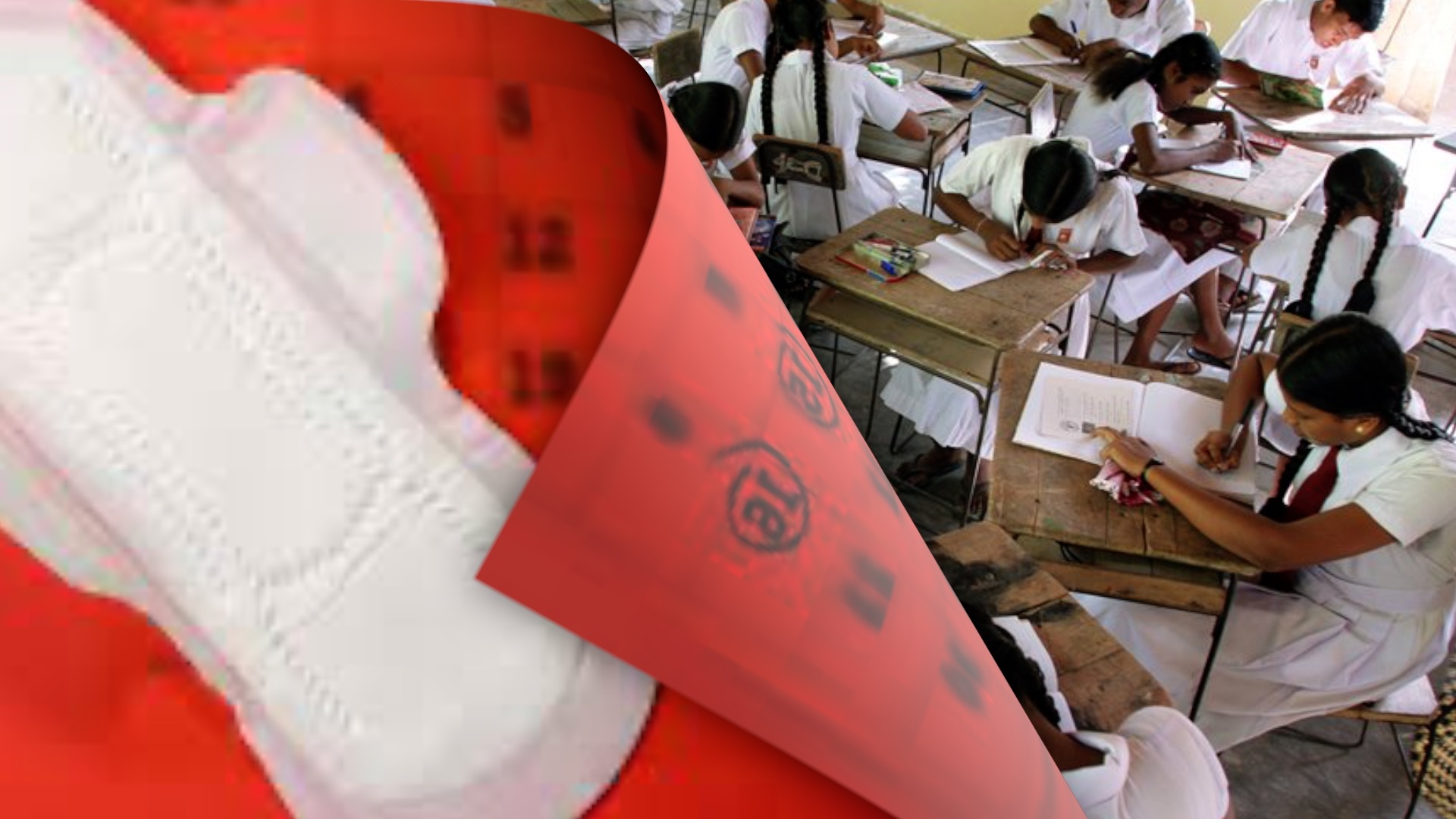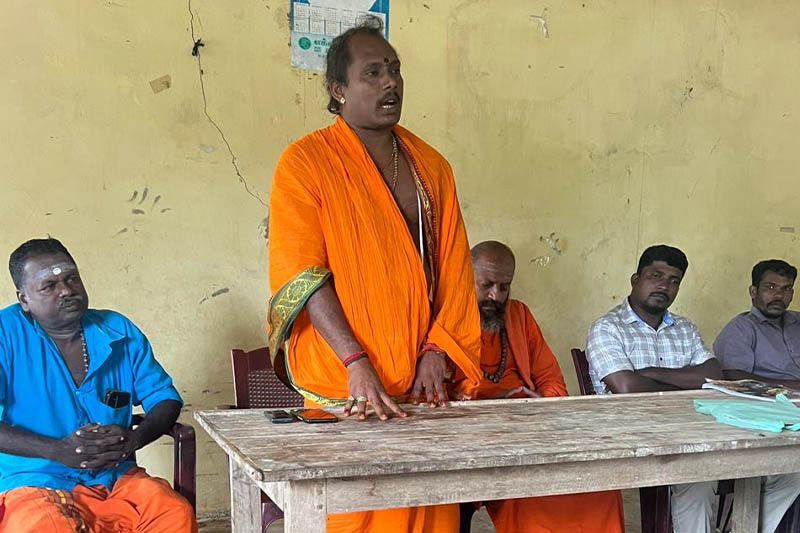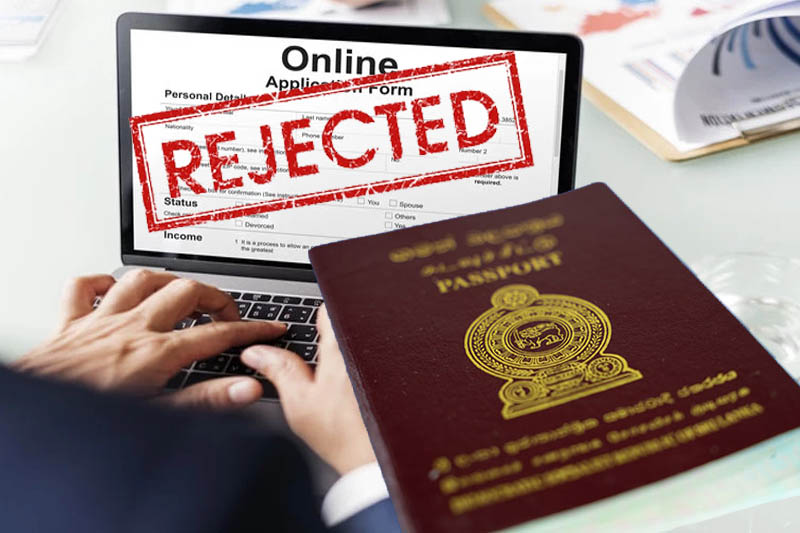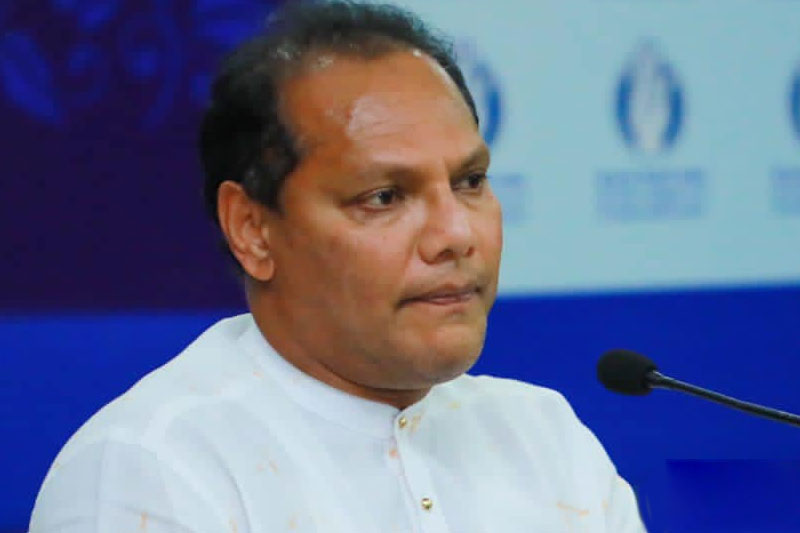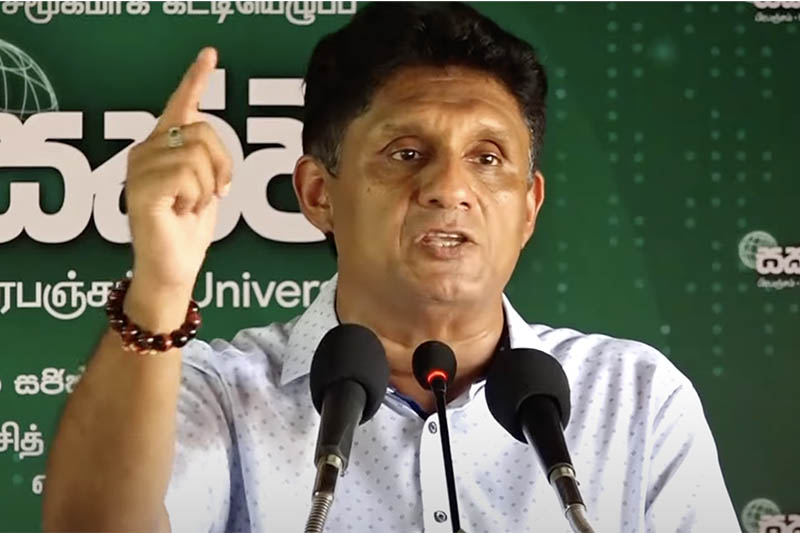The increase in the prices of sanitary napkins or pads has discouraged schoolgirls from attending school during their menstruation periods, says the Professional Forum of Physicians on Medical and Civil Rights.
President of the Forum Dr. Chamal Sanjeewa made the claim at a media briefing in Colombo yesterday (13).
Also speaking there, secretary of the Ceylon Teachers Union Joseph Stalin said an increasing number of schoolchildren were fainting during their morning assembly due to malnutrition.
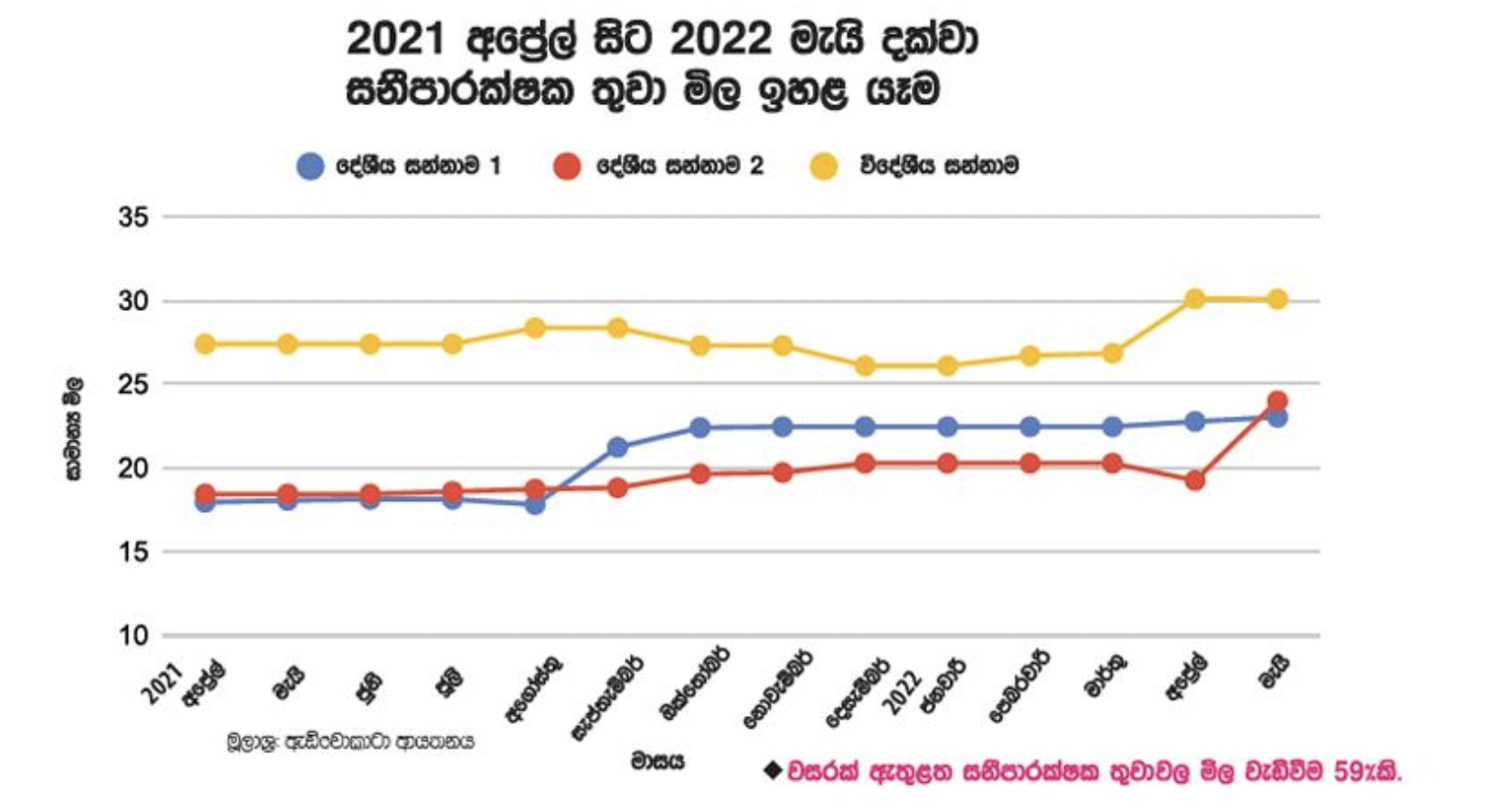
Very high tax on sanitary napkins
A majority of menstruation women in Sri Lanka cannot afford the high prices of sanitary napkins and are forced to manage with a piece of cloth.
This serious social and humanitarian issue is affecting women’s contribution to education, health and the general economy.
Researcher Satya Karunaratne, who has carried out a research on the matter on behalf of Advocata Institute, said that at the time, the total tax on pads was as high as 101 per cent.

"With the recent changes in the VAT and tariffs, that has come down from 52 pc to 42.9 pc, which is still too high. A locally-produced packet now costs 30 pc higher due to the downfall of the economy and a reduction in imports," she said.
Half of the five million females aged 15 to 49 in Sri Lanka suffer from ‘period poverty’, that is they cannot afford pads.
A dialogue on the issue since 2019 has resulted in a removal of certain taxes, said Karunaratne.
‘Don’t Tax my Period’
Social activist Anuki Premachandra said when taxes are raised on imported sanitary napkins, the local producers too, raise their prices.

Noting the second leading cause of death of Sri Lanka’s women was cancer in the cervix, she said that that was due to their failure to maintain proper hygiene during menstruation.
A campaign named ‘Don’t Tax my Period’ is exerting pressure on the government to reduce the prices of sanitary napkins and to encourage the importation or the local production of reusable pads, said Fernando.
According to her, village girls who cannot pay for pads do not attend school four to five days a month during menstruation which is having a big negative impact on their studies.
It is the same with women in the garments field as well as with female tea pluckers in the plantations, she noted.
Fernando questioned as to how sanitary napkins could be termed a luxury item, which is not so even in Ethiopia, leaving India and Sweden alone.
She urged the ministries of finance, health and women’s affairs to intervene and reduce the tax.
Monopoly by local producer
 Another researcher Lakmini Jayatilake said India made sanitary napkins tax free in 2019, while the tax is only seven pc in Thailand and 12 pc in Pakistan, with many others following suit.
Another researcher Lakmini Jayatilake said India made sanitary napkins tax free in 2019, while the tax is only seven pc in Thailand and 12 pc in Pakistan, with many others following suit.
According to her, 80 pc of Sri Lanka’s market-share for pads is held by a single local producer, who is monopolizing prices to the level of imported ones although the price could well be reduced.
If the taxes on raw materials are decreased, more producers will enter and competition will result in the price reduction of pads, she said.
Personal experience
A young girl from Moneragala, Hansani Nilumbika, said many women in her area work at sugar and banana plantations, who don’t have money to buy pads.
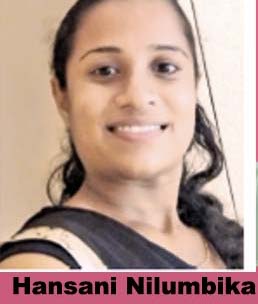
When they menstruate, they bleed more during work due to the sun and the heat, but they don’t have the privacy to clean themselves as they work along with men. Even fungal infections occur as they dry their makeshift pads secretly and reuse them, she said.
This is the unspoken truth a majority of women undergo in this country, which could easily be overcome by reducing the price, but the relevant authorities claim pads to be a luxury item to leave them suffer like undeveloped tribal females.

